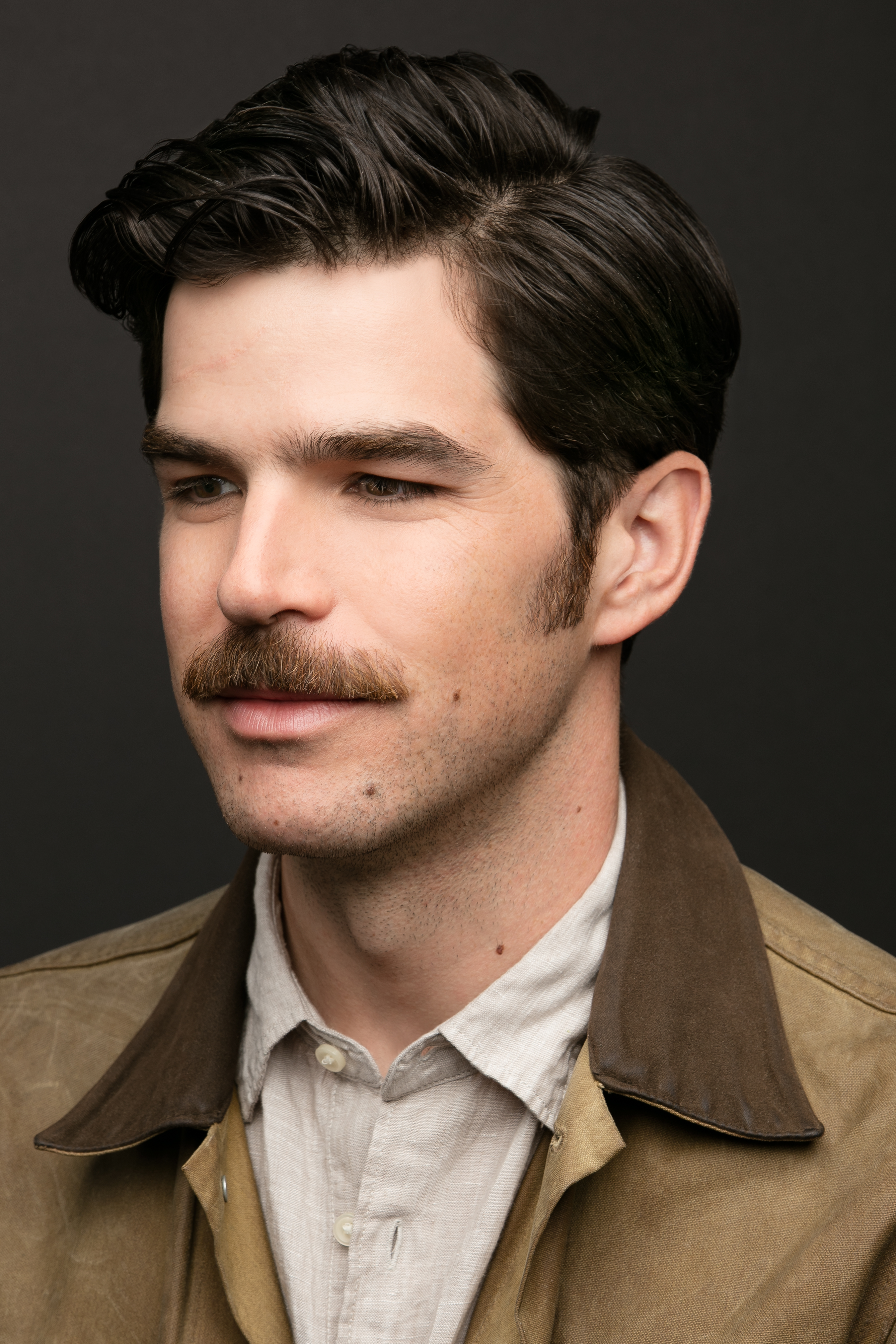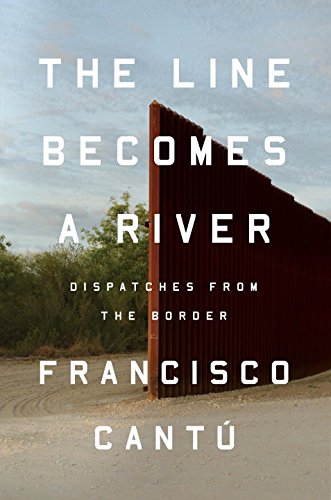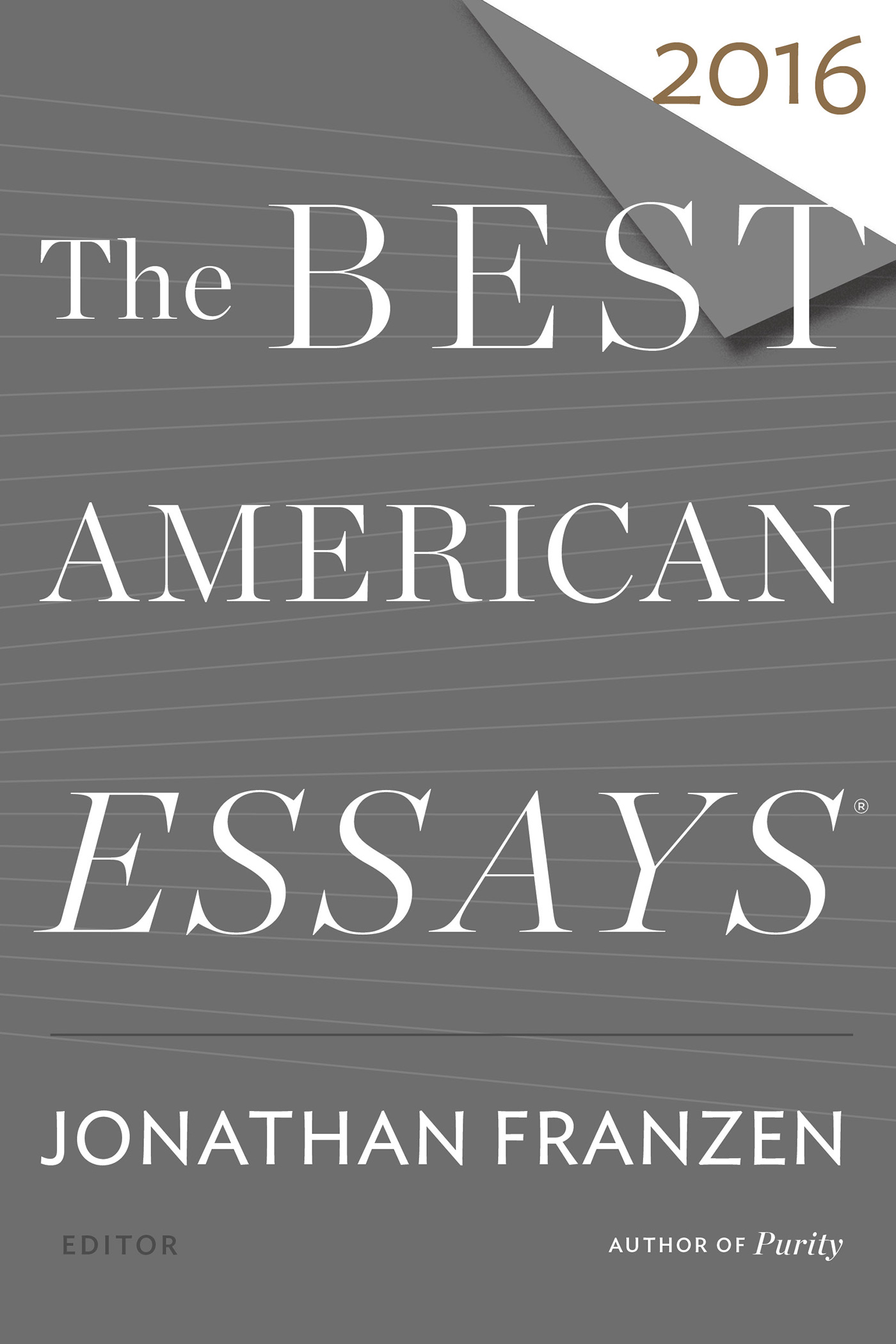Francisco Cantú served as an agent for the United States Border Patrol from 2008 to 2012, working in the deserts of Arizona, New Mexico, and Texas. A former Fulbright fellow, he is the recipient of a Pushcart Prize and a 2017 Whiting Award in Nonfiction. His writing and translations have been featured in Best American Essays, Harper's, n+1, Orion, and Guernica, as well as on This American Life. His first book, The Line Becomes a River, was published by Riverhead Books in 2018. He lives in Tucson.

-
The Line Becomes a River
To live in the city of El Paso in those days was to hover at the edge of crushing and proximate cruelty, to safely fill the lungs with air steeped in horror. In news, in academic texts, in literature and art, El Paso’s twin city of Juárez was perpetually being presented as a place of murder and violence, a landscape of factories, maquiladoras, drug cartels, narcos, hit men, sicarios, delinquents, military, police, poverty, femicide, rape, kidnapping, disappearance, homicide, slaughter, massacre, shootings, gun fights, turf wars, mass graves, garbage dumps, impunity, corruption, decay, erosion, a hemispheric laboratory of social and economic horror. This representation—the narrative of a city irreparably fractured by its looming border, saddled with broken institutions and a terrorized populace—had become part and parcel of its legacy, the subconscious inheritance of all those who came into the city’s orbit.
From THE LINE BECOMES A RIVER by Francisco Cantu, to be published on February 6, 2018 by Riverhead Books, an imprint of Penguin Publishing Group, a division of Penguin Random House LLC. Copyright (c) 2018 by Francisco Cantu.
 The Line Becomes a River : Dispatches from the Border
The Line Becomes a River : Dispatches from the Border -
The Line Becomes a River
There are days when I feel I am becoming good at what I do. And then I wonder, what does it mean to be good at this? I wonder sometimes how I might explain certain things, the sense in what we do when they run from us, scattering into the brush, leaving behind their water jugs and their backpacks, how to explain what we do when we discover their lay-up spots. Of course, what you do depends on who you’re with, what kind of border agent you want to become, but it’s true that we slash their bottles and drain their water into the dry earth, that we dump their backpacks and pile their food and clothes to be crushed and pissed on and stepped over, strewn across the desert and set ablaze, and Christ, it sounds terrible, and maybe it is, but the idea is that when they come out from their hiding places, when they return to find their stockpiles ransacked and stripped, they’ll realize their situation, that they’re fucked, that it’s hopeless to continue on, and they’ll save themselves right then and there, they’ll struggle toward the nearest highway or dirt road to flag down some passing agent or head for the nearest parched village to knock on someone’s door, someone who will give them food and water and call us to take them in—that’s the idea, the sense in it all.
From THE LINE BECOMES A RIVER by Francisco Cantu, to be published on February 6, 2018 by Riverhead Books, an imprint of Penguin Publishing Group, a division of Penguin Random House LLC. Copyright (c) 2018 by Francisco Cantu.
 The Line Becomes a River : Dispatches from the Border
The Line Becomes a River : Dispatches from the Border -
The Line Becomes a River
We found them one by one, huddled in the brush and curled up around the trunks of palo verde trees and cholla cactus. Not one of them ran. We made them take off their shoelaces and empty their backpacks and we walked all 10 of them single-file back to the road. For a while I walked next to an older man who told me they were all from Michoacán. It’s beautiful there, I said. Yes, he replied, but there’s no work. You’ve been to Michoacán? I nodded. Then you must have seen what it is to live in Mexico. And now you see what it is like for us at the border.
At the station I processed the man for deportation and after I had taken his fingerprints he asked me if there was any work at the station for him. You don’t understand, I said, you’ve just got to wait here until the bus comes. I understand, he assured me, I just want to know if there is something I can do while I wait, something to help. I can take out the trash or clean the cells. I want to show you that I’m here to work, that I’m not a bad person. I’m not here to bring in drugs, I’m not here to do anything illegal. I want to work. I looked at him. I know that, I said.
From THE LINE BECOMES A RIVER by Francisco Cantu, to be published on February 6, 2018 by Riverhead Books, an imprint of Penguin Publishing Group, a division of Penguin Random House LLC. Copyright (c) 2018 by Francisco Cantu.
 The Line Becomes a River : Dispatches from the Border
The Line Becomes a River : Dispatches from the Border
Selected Works


In his memoir of his years working for the Border Patrol, Francisco Cantú observes, analyzes, and dreams about the U.S./Mexico border. The result is an urgent moral report that is delicately observed, careful to skirt clichés, and wary of hyperbole. Cantú’s work shows us just how much there is to learn about this contested land: what the deserts and border towns and detention centers tell us about ourselves, bringing into devastating focus their cost to those who patrol the border and to those who try to cross it. His descriptions make us feel the grit and smell the rare rainstorm. Seldom does a writer of such depth and passion come along to explore the place he calls home.